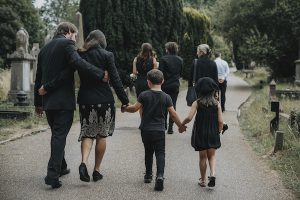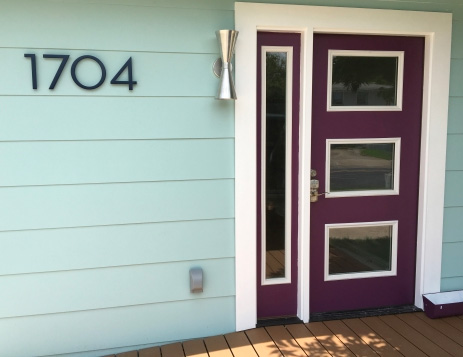 A few basic suggestions for helping your child with death and funerals.
A few basic suggestions for helping your child with death and funerals.
- You are the best person to talk with your child about what has happened. You don’t need a professional to break bad news–your child would rather hear it from his parents. (although YOU might feel better if YOU talk to someone first–practicing what you’re going to say is a great idea.)
- Don’t hide the truth, and don’t delay too long before telling your child pertinent details.
- Regarding funerals, there are a lot of good reasons to allow your child to attend the funeral, including:
-
- Funerals are a ritual for closure and healing. Kids need this as much as adults do!
- Funerals honor the deceased. If your child was close enough to the deceased to attend the funeral, it will likely do them good to hear people speaking with love, honor and respect about their life.
- Funerals are gatherings of friends and family. Kids are a part of this group.
- The presence of children at a funeral generally serves to remind us of the circle of life, can add some breathing room to the grief–or even occasionally levity–and that’s a healthy balance.
- At funerals, adults generally feel as though they have permission to express their feelings of loss. It’s healthy for your child to witness this–it’s good role modeling–we want our kids to express their feelings, too.
- I encourage you to ask your child if they want to go, and let that be your primary deciding factor.
-
- A child attending a funeral needs a supportive adult nearby to answer questions, hold their hand, give them a hug, etc. A younger child attending a funeral needs an adult who can take them out of the room to run around if they need that break.
- The person who is supporting the child needs to be someone who isn’t themselves completely grief-stricken by the loss.
- If you yourself are deeply mourning, seek out support for yourself during this time of double-difficulty (your grief leaves you with fewer resources than normal, at a time when your children’s needs are greater than normal.)
- Open caskets can sometimes be an uncomfortable or strange experience for children. Again, an older child can tell you whether they want to look. Whatever their choice, support them and be prepared for questions.
- Familiarize yourself with the grief process, and remember to offer support to your child for longer than you think is probably necessary.
If you’d like to read more about children & funerals, visit this short article written by a Massachusetts psychologist.








